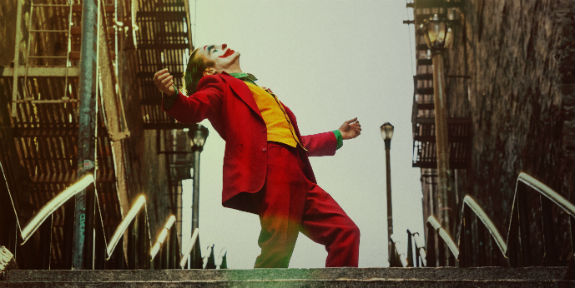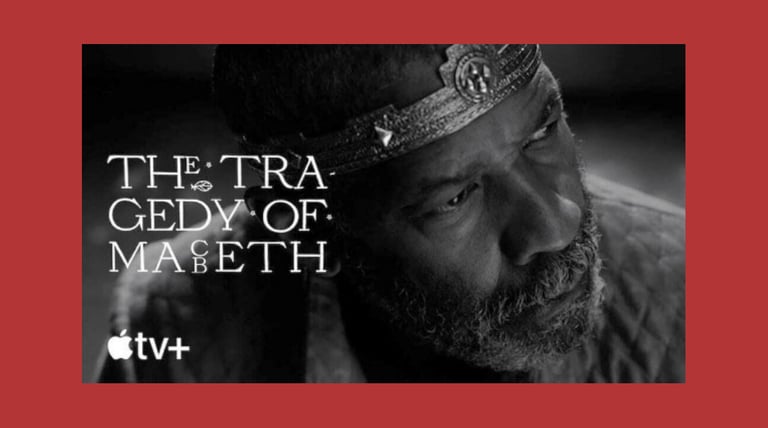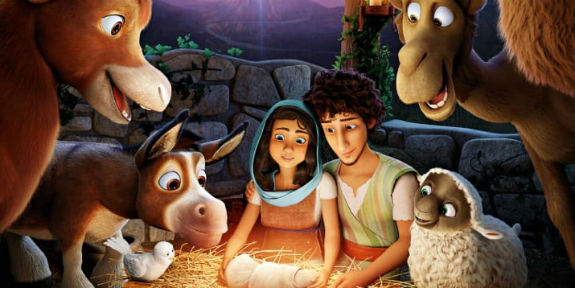Our producer-at-large Father Vince Kuna, C.S.C., a 2016 USC film-school grad, does a regular feature here called BASED ON, looking at literary works adapted into TV or movies.
Joker, written and directed by Todd Phillips, based on the comic Batman: The Killing Joke, written by Alan Moore. (Spoiler Alert -- also, rating alert: R-rated for strong bloody violence, disturbing behavior, language and brief sexual images.)
Alan Moore wrote Batman: The Killing Joke as a one-shot comic. While most story arcs in the comic world progress over four to six issues, Moore told the origin story of Batman’s arch-nemesis in one (albeit oversized) issue.
The brevity of the story then superficially suggests a toxic confluence of unfortunate events as to the origin of the Joker: his failure as a stand-up comic, the accidental deaths of his wife and unborn child, and his disfigurement at the chemical plant of his former employment.
Joker, Todd Phillips’ masterful adaptation of the source material in his film, considers every influencing factor to Arthur Fleck’s (the sure-to-be-Oscar-nominated Joaquin Phoenix) descent into darkness.
Before I examine said factors, it bears mentioning that Arthur’s beloved mother (Frances Conroy) attempted to instill a partially good message into him: “to bring laughter and joy to the world.”
I found it to be no coincidence that the film’s mantra was first uttered when Arthur attends to his bed-ridden mother, as an icon of the Madonna and Child looms overhead. I said "partially good message" because, if the underlying subtext of the line and image of the scene invokes the Incarnation, then Penny Fleck only imparts a partial truth.
Yes, Jesus was sent to bring an underlying joy to a darkened world through His birth. That this Christ Child would grow up to spread laughter as his saving message, I offer a resounding “No." For Arthur to conflate his dear mother’s half-truth as his life’s purpose comes as no surprise.
Thus, the reception of a heretical message begins the subsequent diagnosing of various factors that aren’t helping Arthur Fleck, but aren’t in and of themselves the reason for his aberrant behavior.
Arthur’s one time stand-up chance reveals him to be certifiably unfunny. Arthur missed his vocation for sure, but that hardly qualifies as reason for his killing spree.
Fleck uses a revolver somewhat in self-defense, somewhat in cold blood, to dispatch three Wall Street types. One might jump to say firearms as the cause, if not for Fleck’s later use of a switchblade and stone pillar as his weapons of choice.
His mental health, too, could be blamed, but this hypothesis is demolished when we witness his crimes committed separately in sound mind and later, in crazed frenzy. An inadequate social welfare system doesn’t help his situation, but again, one would be foolish to posit blame on it.
Arthur rightly heaps the blame on himself. In his own words, he confesses to another character that, in his killing of the three bankers, he knows the deeds to be wrong, but feels no guilt for committing them. As the body count rises, this lack of guilt digresses into habituation and bottoms out as the way he finds perverted happiness.
So the message is not misconstrued, the filmmakers reinforce things through an obligatory scene. An obligatory scene explains a film’s text (and often subtext), usually through dialogue. Late-night host Murray Franklin (Robert De Niro) invites the now-named Joker on his show for increased ratings, not for whether Arthur’s humor is objectively funny or not.
A discerning Joker calls out Murray for this dishonesty. Murray and his producers subjectively decide what makes for a good laugh. If truth then is relative, the Joker’s twisted humor could also be considered “hilarious.”
How then do we arrive with the Joker, essentially the personification of the Devil? A rejection of objective truth and thus a radical personalizing of right and wrong.
The Church’s Catechism warns against this, I’m sure. You’d be hard pressed to hear it preached from the pulpit with any regularity, however.
Thankfully, of all people, comic-book filmmakers expose evil and expose it, well. In 2019, Joker is my pick, so far, as the year’s best film. No joke.
Image: Warner Bros. poster art
Click here to visit Father Vince Kuna’s IMDB page.
Keep up with Family Theater Productions on Facebook, Twitter and YouTube.



